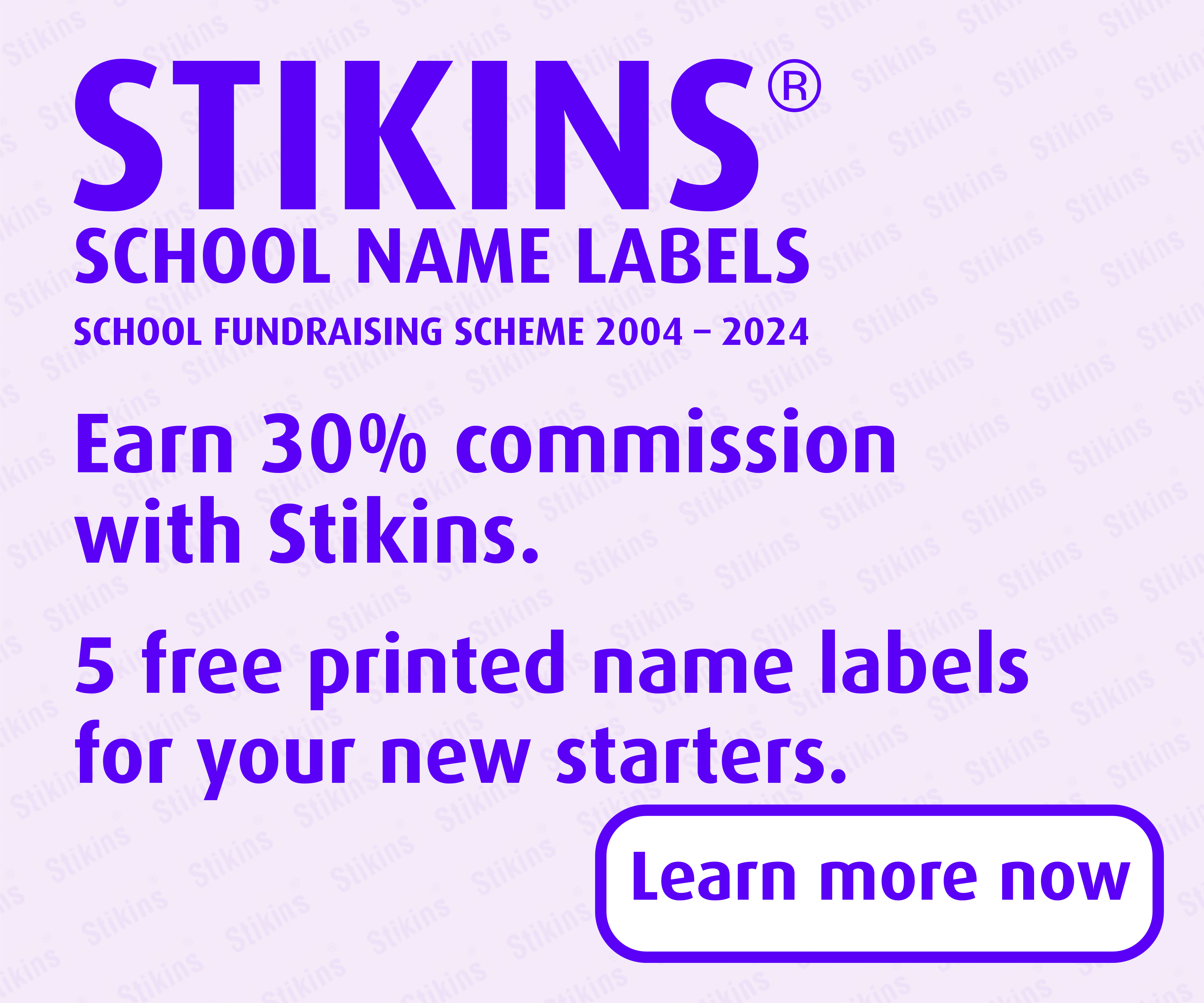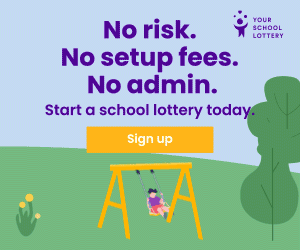Many parents first heard the word oracy in Labour leader Sir Keir Starmer’s 2023 speech. Can you explain what oracy is?
Oracy is about communicating clearly and engaging with other people’s ideas. There are two strands to this: learning to talk and learning through talk. The first strand, which Keir Starmer talked about, involves presentation, oratory, speeches and persuading people. The second part, which is equally important, is more about discussion in lessons and learning through conversation. Without this, pupils are missing a huge chunk of what makes oracy work.
Why should children learn oracy?
It’s great if children can speak in full sentences and deliver a presentation every term. But when we focus on learning through talk, we encourage pupils to dig deeper and broaden their understanding. Oracy is where they learn to engage with an opinion they don’t share and disagree with it respectfully, which is so important in an increasingly polarised world.
Research shows that oracy doesn’t just support reading and writing but is a key skill for reasoning, which children need in maths and science. Being able to discuss sensitive topics helps in personal development lessons and there’s a wider picture around children’s social and emotional wellbeing too.
You say that oracy is central to closing the disadvantage gap…
Disadvantaged pupils often come to us with low levels of language and poor communication skills and they learn oracy right from the start alongside their phonics, reading, writing and maths. We focus on the early years and on early reading, aiming for fluent readers by the end of Year 2. We also prioritise social and emotional health and promote metacognition, which involves teaching children to regulate their own learning by planning, monitoring and evaluating their progress. In all those things, oracy is absolutely central. It’s also a relational approach where we identify the barriers for each child and build relationships to overcome them.
Some of our schools have a lot of children with English as a second language. If English isn’t your first language, it’s likely that no one at home is speaking it. So, we realised the importance of bringing the parents in and running workshops. We explain that the oracy framework, which is a set of communication skills, does not require any specific language and that parents can help their children practise these skills in their home language.
However, we are aiming to be a rising tide that raises all ships. If a pupil is excellent at mathematics and is aiming for greater depth, they need to be able to reason and articulate their thinking effectively. So having strong oracy skills will benefit them in every aspect.
How can the PTA fund oracy?
Oracy isn’t really about buying things, but there is an issue around funding, as schools still have to pay to train the teachers. But since oracy affects all pupils all the time, it is definitely something the PTA could consider funding.
PTAs could help support oracy by paying for the school to register as a Voice 21 Oracy School. This programme enables staff to provide pupils with a high-quality oracy education. Voice 21 also runs Oracy October, a month-long set of oracy challenges open to all schools. Another option is The Noisy Classroom, which offers online sessions, workshops, staff training and whole-school oracy projects around speaking and listening in the classroom. The Noisy Classroom can also help your school set up a debating club and runs competitions throughout the year. Oracy Cambridge, the oracy department within the University of Cambridge, provides training and consultancy for schools and has free resources on its website. PTAs could also fund workshops and after-school oracy and public speaking clubs.
- Angela Schofield is oracy programme development lead at the Excelsior Multi Academy Trust. She supports schools through oracy lead coaching and staff training. Twitter/X: @DeputySchofield
Speak Up, Speak Out
Excelsior’s Speak Up, Speak Out public speaking competition is open to Year 6 pupils from across the West Midlands.
Enter the 2024 competition here: forms.office.com/e/fCX3bT3LxV






